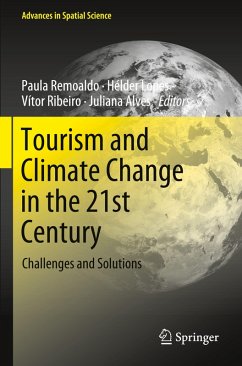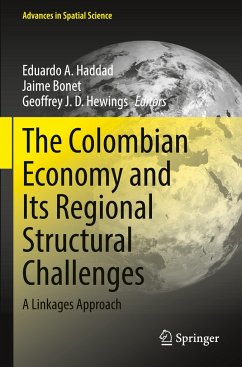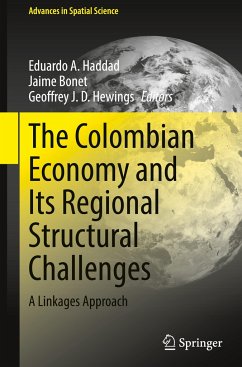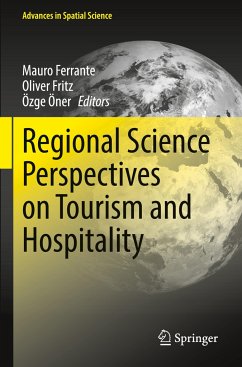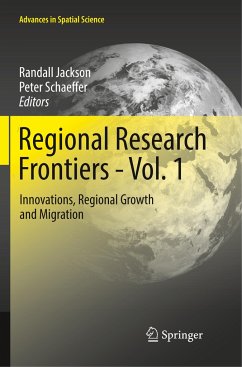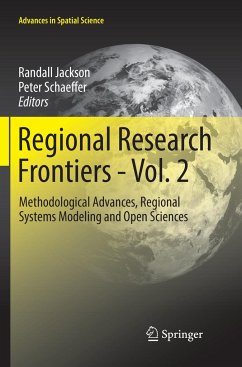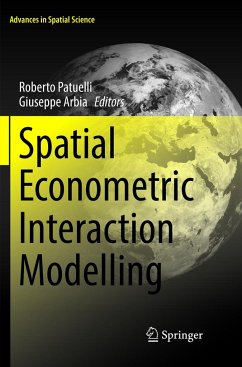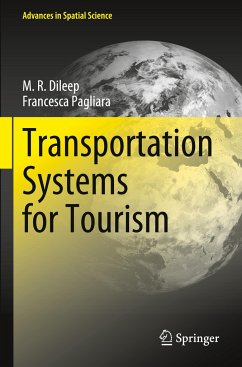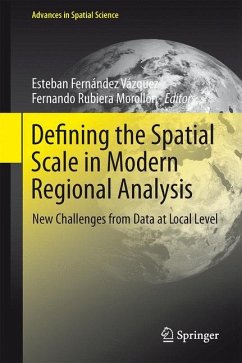
Tourism and Climate Change in the 21st Century
Challenges and Solutions
Herausgegeben: Remoaldo, Paula; Lopes, Hélder; Ribeiro, Vítor; Alves, Juliana

PAYBACK Punkte
76 °P sammeln!
This book explores the effects of climate on tourism and the effectiveness of climate adaptation in this sector. Taking into account the spatial dimension of tourism and climate change, it highlights the need for more detailed information, the weak interaction between stakeholders, and the limitation of resources in the context of rapid changes, brought on by the necessary implementation of the third-order stage of tourism. The book focuses on adaptation, mitigation, and resilience to climate change, including topics such as human thermal comfort of visitors, the water resources in tourism are...
This book explores the effects of climate on tourism and the effectiveness of climate adaptation in this sector. Taking into account the spatial dimension of tourism and climate change, it highlights the need for more detailed information, the weak interaction between stakeholders, and the limitation of resources in the context of rapid changes, brought on by the necessary implementation of the third-order stage of tourism. The book focuses on adaptation, mitigation, and resilience to climate change, including topics such as human thermal comfort of visitors, the water resources in tourism areas, the circular economy, the mobility and transports, the psychological aspects of weather and climate in recreational practices. The book concludes an assessment of the status, challenges, and prospects for the adaptation of the tourism sector to climate change. The book appeals to scholars and students of economic geography, regional and spatial science, tourism economics, and related fields.





